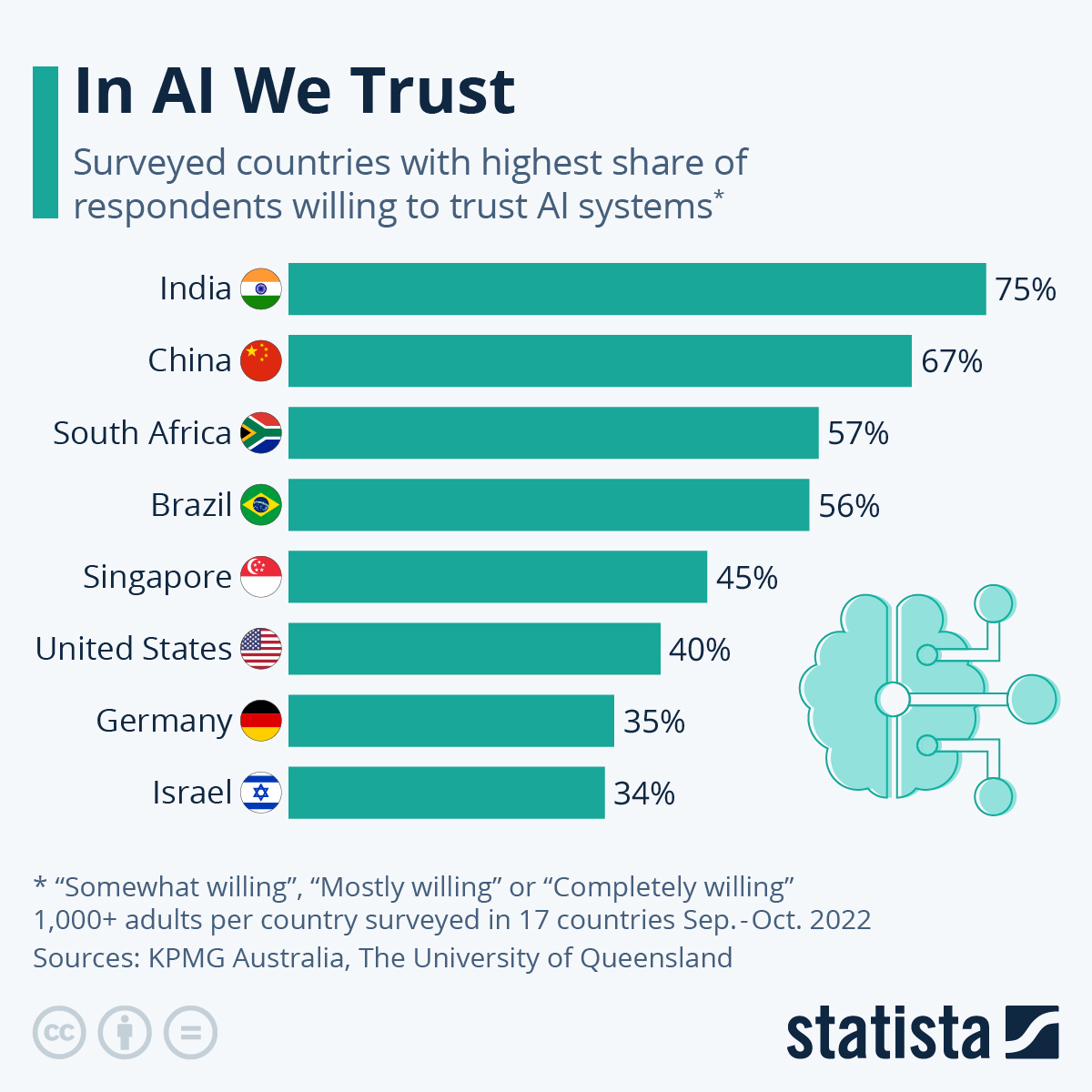The Limited Thinking Of AI: What We Know Now

Table of Contents
AI's Dependence on Data
AI algorithms, at their core, are sophisticated pattern-recognition machines. Their ability to perform tasks stems entirely from the data they are trained on. This dependence creates several crucial limitations, impacting the reliability and ethical implications of AI systems. This data limitation is a significant contributor to the limited thinking of AI.
-
Bias in training data leading to biased outputs: If the data used to train an AI model contains biases – for example, overrepresentation of one demographic group or underrepresentation of others – the resulting AI system will likely perpetuate and even amplify those biases. This is evident in facial recognition systems that struggle to accurately identify individuals with darker skin tones and in loan application algorithms that discriminate against certain socioeconomic groups.
-
Inability to generalize beyond the training data: AI struggles to apply knowledge learned from one context to another. An AI trained to identify cats in photographs might fail to recognize a cat in a video or a real-life setting. This lack of generalizability severely limits its adaptability and real-world applicability.
-
The "garbage in, garbage out" problem: The quality of the output is directly dependent on the quality of the input data. Poorly curated, incomplete, or inaccurate data will lead to unreliable and potentially harmful results. This underscores the critical importance of data integrity in AI development.
These data limitations profoundly impact the overall performance and reliability of AI, directly contributing to the limited thinking of AI. Addressing these issues is crucial for building more robust and equitable AI systems.
The Lack of Common Sense and Reasoning
While AI excels at specific tasks, it often struggles with tasks requiring common sense reasoning, contextual understanding, and intuitive problem-solving. This lack of common sense reasoning in AI is a major aspect of AI's cognitive limitations.
-
Difficulty in understanding nuanced language and context: AI often misinterprets sarcasm, humor, or figurative language, leading to misunderstandings and errors. The subtleties of human communication remain a significant challenge for AI.
-
Inability to infer meaning or make logical leaps beyond explicitly programmed rules: AI cannot easily connect disparate pieces of information or draw inferences in the way humans do. It operates within the boundaries of its programming, failing to exhibit the flexible, adaptive reasoning that characterizes human intelligence.
-
Examples of AI failures due to lack of common sense: Image recognition systems might misclassify an object due to unusual lighting or perspective. Chatbots frequently produce nonsensical or irrelevant responses, highlighting their inability to understand the context of a conversation.
These examples illustrate the significant gap between AI's capabilities and human-like reasoning. Overcoming these reasoning limitations is key to advancing AI beyond its current limitations.
The Absence of True Understanding and Consciousness
Current AI systems, however sophisticated, lack genuine understanding and consciousness. They process information based on patterns and statistical probabilities, not on genuine comprehension or subjective experience. This lack of understanding in AI is a fundamental aspect of the limitations of artificial intelligence.
-
The difference between correlation and causation in AI's interpretations: AI can identify correlations between variables, but it cannot inherently understand the causal relationships between them. This limitation can lead to inaccurate conclusions and flawed predictions.
-
The inability of AI to experience emotions, feelings, or subjective experiences: AI lacks the internal, subjective experience that colors human understanding. It operates purely on objective data and algorithms.
-
The philosophical implications of creating truly conscious AI: The very possibility of creating conscious AI raises profound ethical and philosophical questions that remain largely unanswered.
Understanding this fundamental difference between AI's pattern recognition and human understanding is crucial for managing expectations and ensuring responsible development.
The Ethical Implications of Limited AI
The limitations of AI's thinking capabilities have significant ethical implications. Deploying AI systems without acknowledging and addressing these limitations can lead to serious consequences. This highlights the urgent need for responsible AI development.
-
Unforeseen consequences of biased AI systems: Biased AI can perpetuate and exacerbate societal inequalities, leading to unfair or discriminatory outcomes.
-
The risk of over-reliance on AI for critical decision-making: Over-dependence on AI for crucial tasks, such as medical diagnoses or legal judgments, can have serious consequences if the AI system makes errors or exhibits bias.
-
The need for transparency and accountability in AI development: It's crucial to ensure that AI systems are transparent, accountable, and subject to rigorous ethical oversight.
Addressing these ethical considerations in AI is paramount to mitigating the risks of limited AI and ensuring its responsible use. This requires a collaborative effort involving researchers, developers, policymakers, and the public.
Conclusion
In summary, while AI has demonstrated impressive capabilities, its limitations are substantial. Its dependence on data, lack of common sense reasoning, absence of true understanding, and ethical implications necessitate a cautious and responsible approach to its development and deployment. Understanding the limited thinking of AI is crucial for its responsible development and deployment. Continue exploring the complexities of AI's thinking limitations to ensure a future where AI benefits humanity ethically and effectively.

Featured Posts
-
 Pacult Freigestellt Jancker Uebernimmt Klagenfurt
Apr 29, 2025
Pacult Freigestellt Jancker Uebernimmt Klagenfurt
Apr 29, 2025 -
 See Bob Dylan And Billy Strings Live Portland Outlaw Music Festival
Apr 29, 2025
See Bob Dylan And Billy Strings Live Portland Outlaw Music Festival
Apr 29, 2025 -
 Technical Glitch Halts Blue Origin Rocket Launch Attempt
Apr 29, 2025
Technical Glitch Halts Blue Origin Rocket Launch Attempt
Apr 29, 2025 -
 How To Avoid Scams When Buying Capital Summertime Ball 2025 Tickets
Apr 29, 2025
How To Avoid Scams When Buying Capital Summertime Ball 2025 Tickets
Apr 29, 2025 -
 Nyt Strands March 3 2025 Complete Answers And Hints
Apr 29, 2025
Nyt Strands March 3 2025 Complete Answers And Hints
Apr 29, 2025
